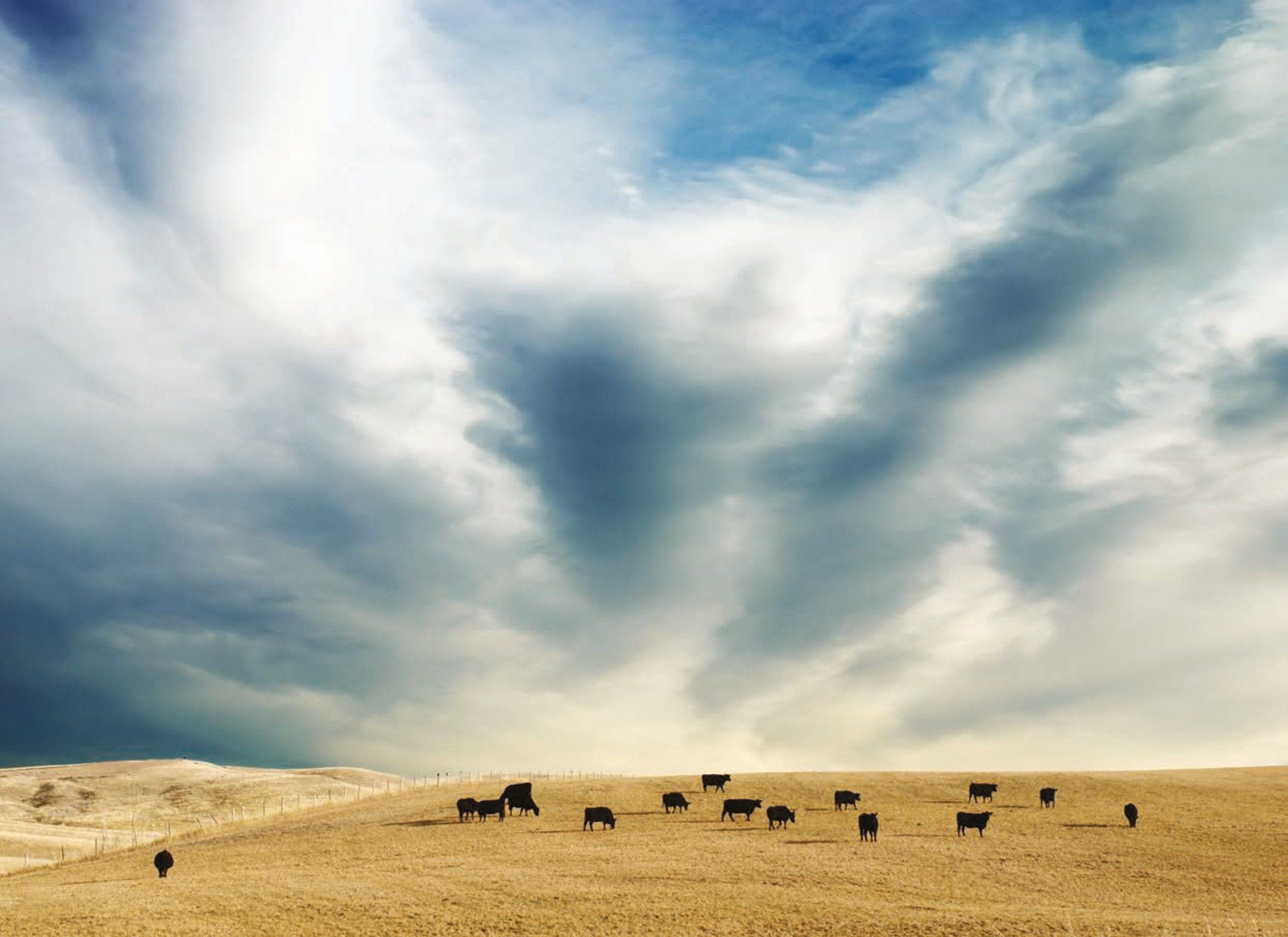Agriculture is a major contributor to greenhouse gas (GHG) emissions in Costa Rica, with 20.5% of national emissions in 2017, behind the energy sector’s 55% and ahead of land waste’s 14.8%. Costa Rica committed to a completely decarbonised economy by 2050. Costa Rica's contribution does not consider a comparative benchmark. The country’s goal is composed of two objectives: (1) maximum 9.11 MtCO2eq net emissions by 2030, with emissions per capita of 1.73 net tonnes by 2030; and (2) absolute maximum net emissions of 106.53 MtCO2eq for 2021-30. To accomplish this, Costa Rica will have to reduce 170 500 tonnes of GHG per year until 2030. To do so, the country created the National Decarbonisation Plan 2018-2050, which defines annual goals for reducing GHG emissions (GEI).
This plan contains actions for the agricultural sector in its Axis 8 (agriculture) and Axis 9 (cattle ranching). Axis 8 relates to the promotion of efficient agri-food systems that generate low-carbon goods for export and domestic markets. It suggests that the subsectors of coffee, livestock, sugar-cane, rice and banana need to apply technologies by 2030 that reduce emissions at the farm and processing levels, and that the sector needs to use advanced technology by 2050 for sustainable, competitive, low-carbon and resilient agriculture. Axis 9 relates to the consolidation of an eco-competitive livestock model based on productive efficiency and reduction of GHG emissions. This axis suggests that the livestock sector should implement a circular economy by 2025; that 70% of the livestock herd and 60% of the area dedicated to livestock should implement low-carbon technologies by 2030; and all livestock activities should use advanced technology low in emissions and be resilient to climate change by 2050.
Within this context, the Sectoral Office for Climate Actions and Decarbonisation (SOCAD) was created in 2019 in the Directorate of Extension Services (DNEA) within the MAG. It oversees Nationally Appropriate Mitigation Actions (NAMA) for livestock and coffee, and development of banana, rice and sugarcane NAMAs.
In 2021, SOCAD provided technical support and training to 35 coffee farms for the implementation of Good Agricultural Practices (GAP). For the livestock NAMA, SOCAD trained 200 DNEA officials to formulate diets for animal feed, monitor livestock farms, and implement NAMA measures, including: (1) rotational grazing, (2) silvopasture systems, (3) plants and animals adapted to national climates, (4) monitoring, reporting and verification (MRV) systems for data generation on carbon storage in soils and plant tissues, and (5) estimation of emissions from enteric fermentation and nitrous oxide.
Technical monitoring of 1 652 cattle farms took place in 2021, and NAMA actions were recorded in the DNEA’s online information system for subsequent measurements. With the support of the National Livestock Corporation, 25 school farms trained to disseminate NAMA measures, including: (1) silvopasture systems, (2) animal health, (3) traceability, (4) genetic improvement, (5) water distribution networks, and (6) monitoring, reporting and verification (MRV) systems for data reporting throughout the country. SOCAD continues to work on the pilot plans for the development of NAMAs for sugarcane, rice and bananas.
During 2021, DNEA-MAG supported investments with environmental benefit that encourage improvements in agricultural farms related mitigation and adaptation to climate change, and organic agriculture. Some of these investments were in the renovation of degraded pastures; fodder banks for improving nutrition in livestock; rotational grazing systems with live fences and electric fences using solar panels; organic waste-composting systems as a source of fertiliser; protected environment systems for annual crop production; and infrastructure and equipment for bio inputs production.
